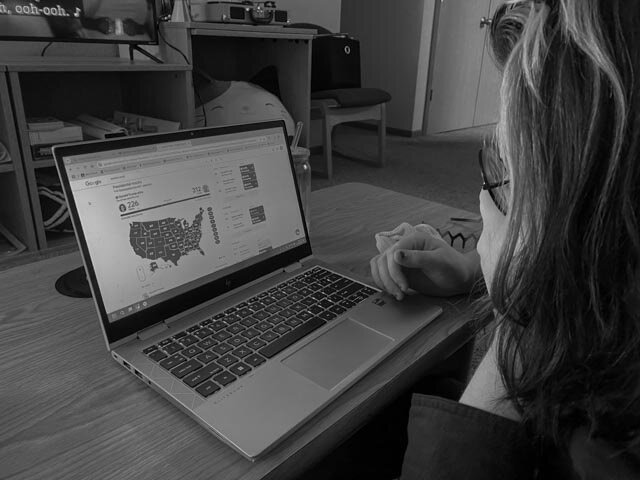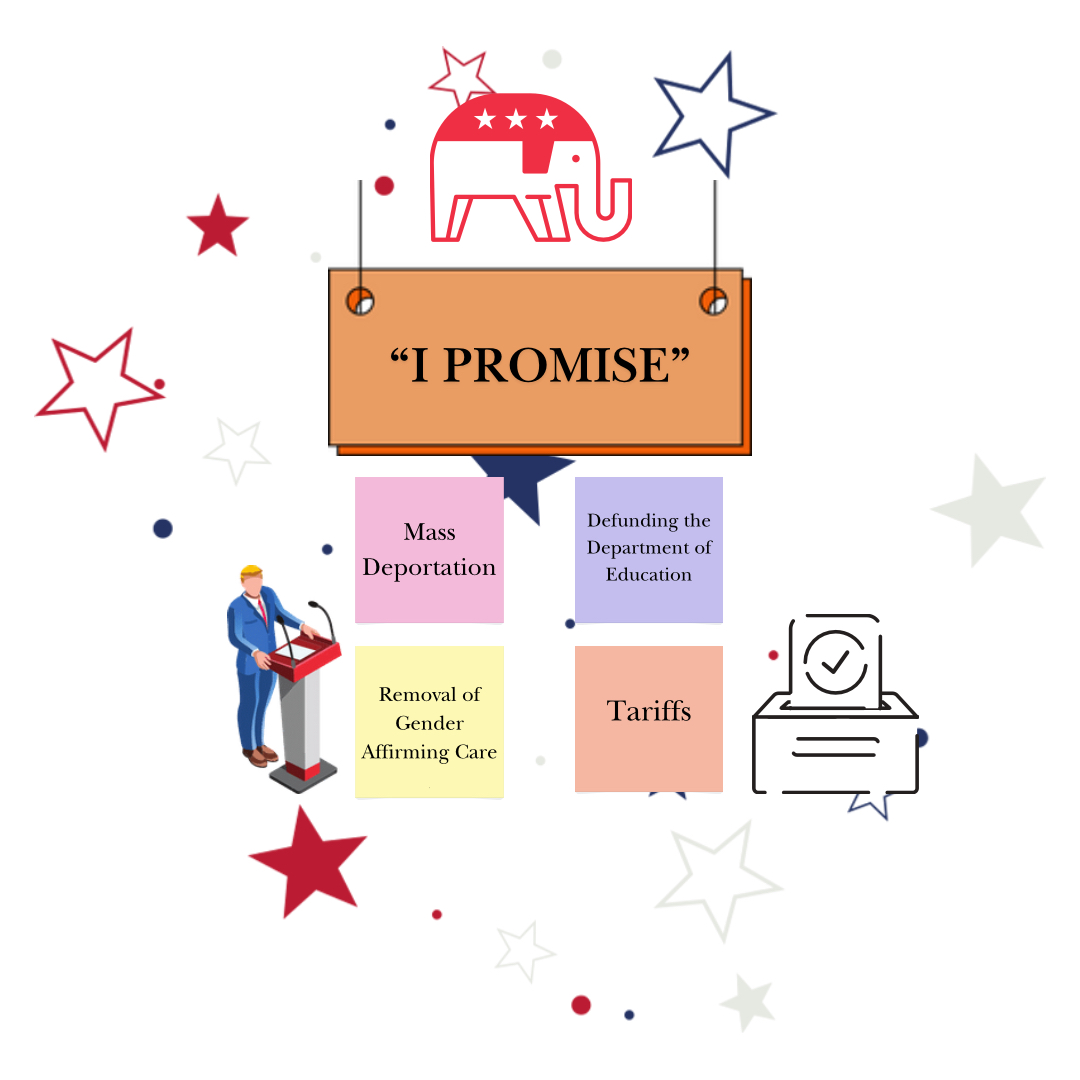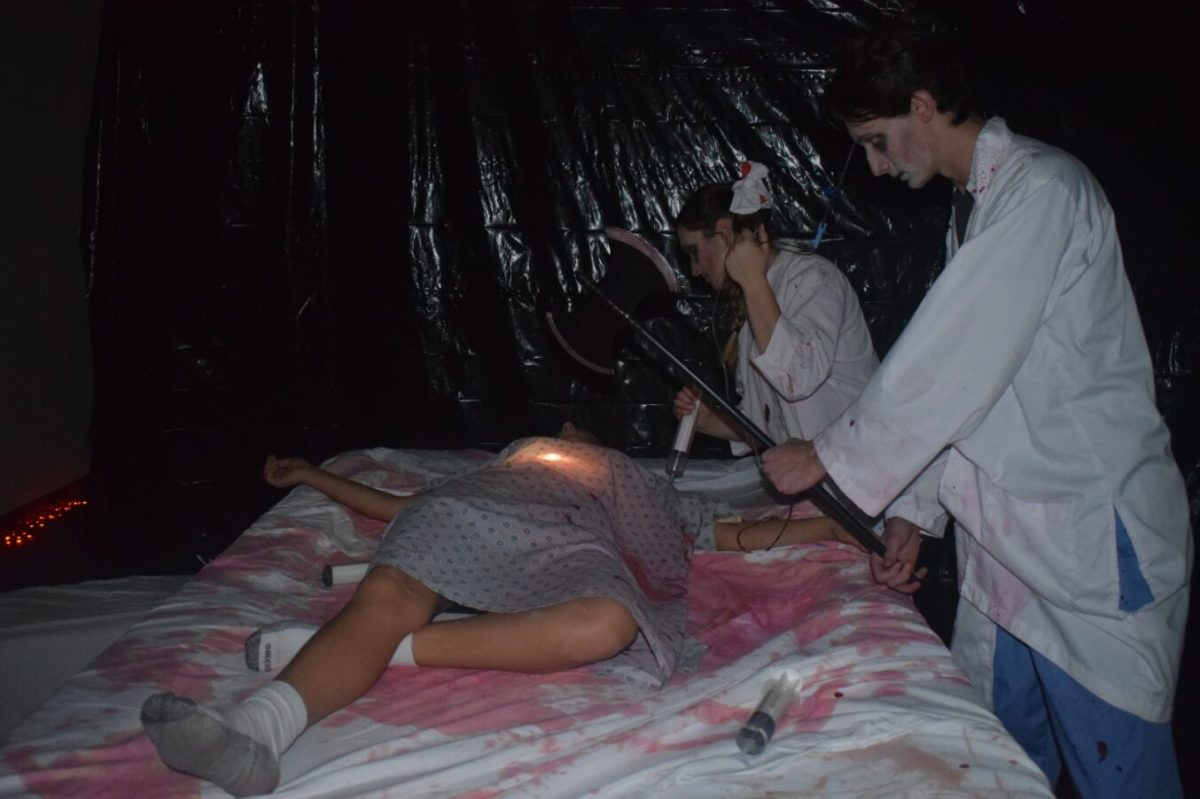Emily Dean/Winonan
Jennifer Anderson, a professor in the geoscience department, joined the Winona Retiree Center last Thursday afternoon at the Winona History Center to speak about the damaging affects of light pollution and how it pertains to Winona State University.
Anderson described light pollution as excessive and inappropriate artificial light that clutters towns and big cities all over the world. Anderson said, “We are chasing away the night. We are lighting up the night.”
Artificial light is any light that humans have added to our environment. Streetlights, floodlights in parking lots, electronic billboards and lights along walkways are all contributors to the problem, Anderson said.
The problem was first discovered by astronomers who were having difficulty seeing the night sky due to the glares of artificial light. As an astronomy professor, Anderson is familiar with the problems excessive light causes.
When trying to teach students in the conservatory, there are lights coming from campus which make it hard to see the stars.
“It’s a shame we can’t see the Milky Way Galaxy within the city boundaries,” Anderson said. “Its an awe-inspiring experience.”
Not only does this affect astronomers on campus, but also students walking on campus at night. In regards to artificial light, campus is one of the main problems in Winona, Anderson said.
“The lights that are placed around campus are popular with parents because they seem safe,” Anderson said. “But they hinder your ability to see beyond the light and into the dark.”
Anderson said the lights can create a dangerous glare that could result in a decrease in visibility.
Light pollution also has negative affects on our sleep schedule, Anderson said. Students living on campus are all too familiar with lights at night that may affect melatonin levels.
Melatonin is a chemical our bodies make only when it is dark. Without complete darkness, we deprive our bodies of sleep, and it may be linked to an increase in cancer, Anderson said.
A member of the crowd commented on Anderson’s speech and said, “The younger generation is afraid of the dark and needs to face the possibility of there not being light all the time.”
A solution to the problem, Anderson said, is to properly shield lighting so the light is directed downward.
Not only does this help with visibility, but it also reduces the glare in the sky. Anderson mentioned that Xcel Energy might be willing to work with her on this issue. Anderson’s main obstacles, as she sees them, are to get the parents on board with changing the lighting and the cost of putting in all new lighting around campus.










































